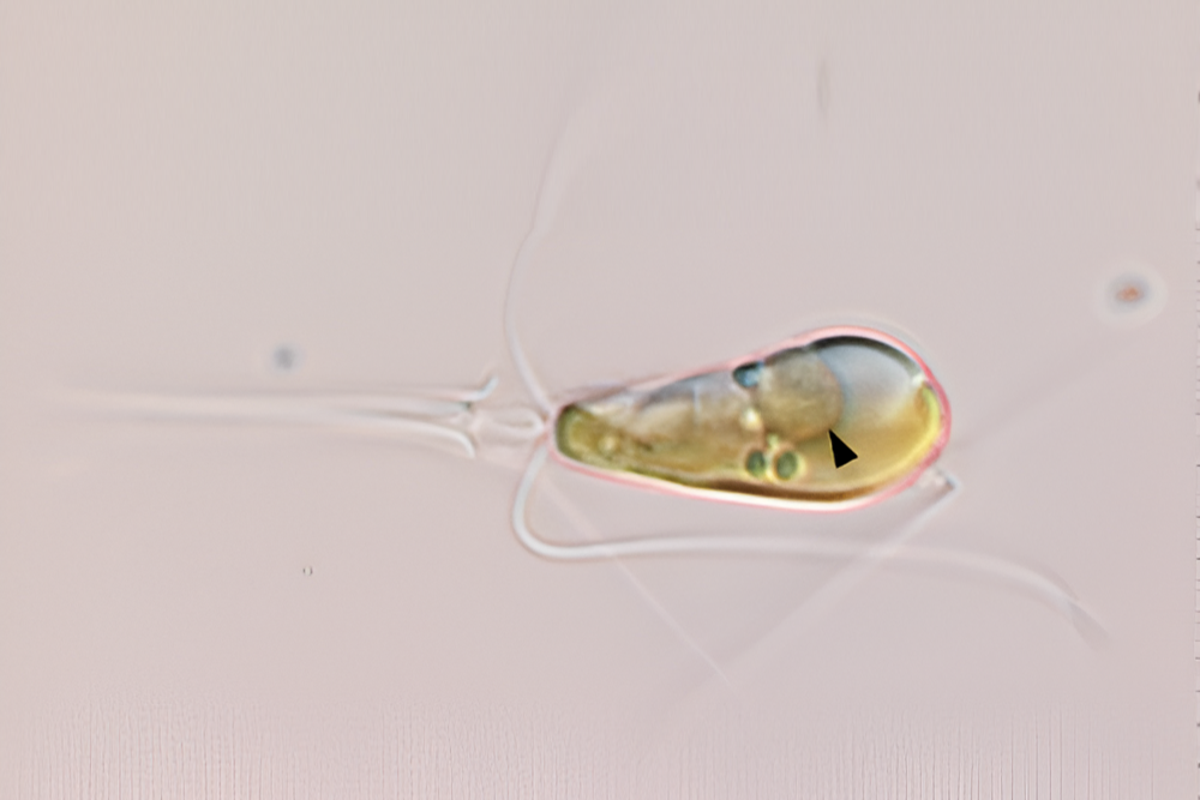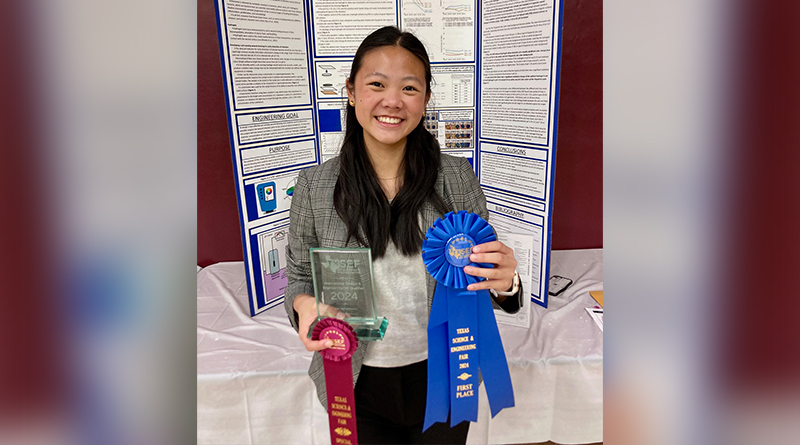In a rare and groundbreaking evolutionary event, an ocean algae species and a bacterium have merged to become a single organism. This process, known as primary endosymbiosis, has only occurred twice in Earth’s history. The first instance gave rise to all complex life forms through mitochondria, while the second led to the emergence of plants.
A team of scientists from various institutions across the US and Japan recently observed this phenomenon and published their research in Science and Cell. Tyler Coale, a postdoctoral researcher at the University of California, Santa Cruz, led one of the studies that discovered the phenomenon. He explained the significance of this event, stating that it has shaped complex life as we know it. The algae engulfed the bacterium, providing it with nutrients and energy, while gaining the ability to “fix” nitrogen from the air. This exchange resulted in the creation of an organelle within the algae that is crucial for its survival.
This discovery could potentially revolutionize crop engineering by offering insights into nitrogen fixation. Dr. Coale mentioned that this discovery could lead to new agricultural practices that could help improve crop yields in areas where soil is poor in nitrogen. The collaborative effort of researchers from prestigious universities and laboratories highlights the importance of this groundbreaking discovery in the field of evolution and biology.
Sign up for our Voices Dispatches email to receive a comprehensive digest of the best opinions of the week on this topic. Additionally, subscribe to our free weekly Voices newsletter for more updates on this exciting area of scientific research.



